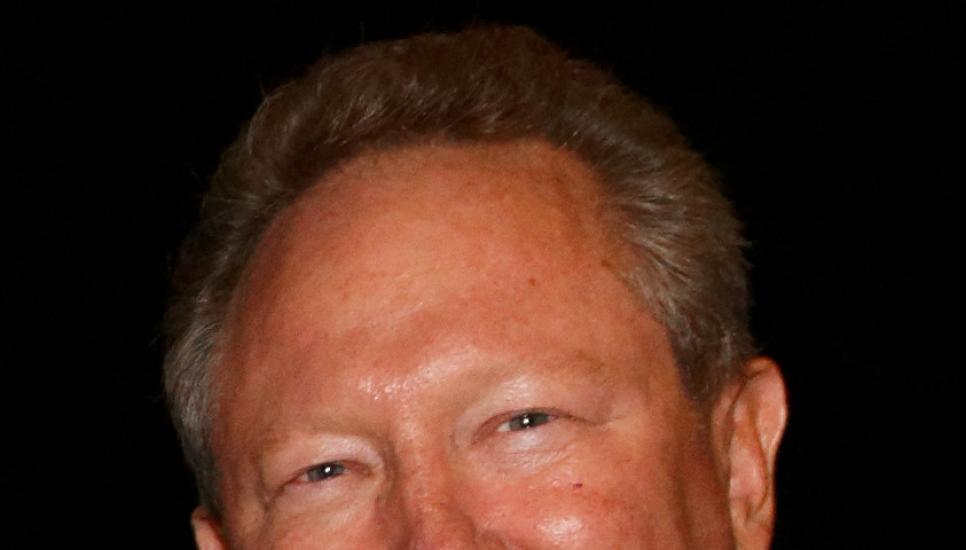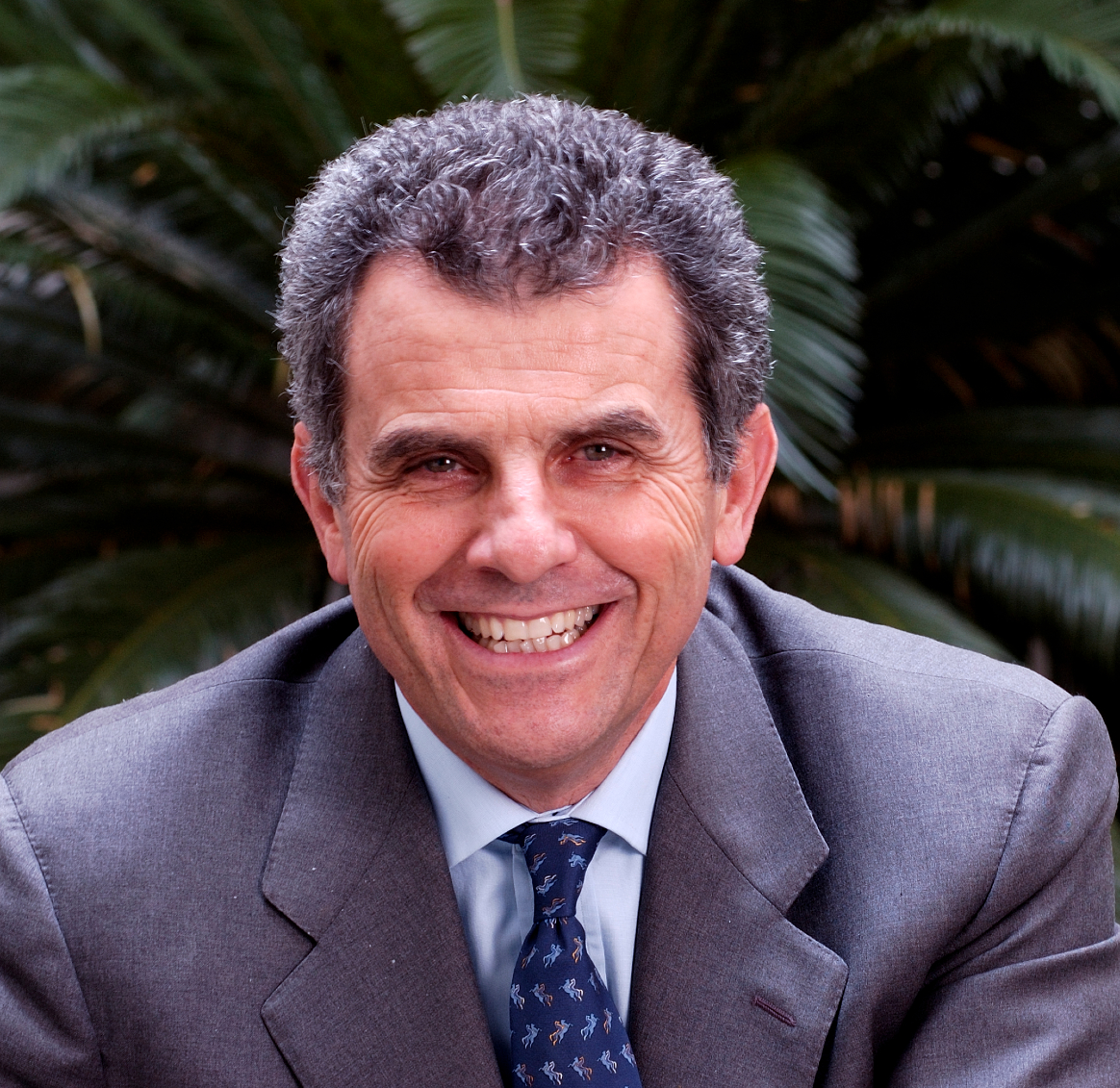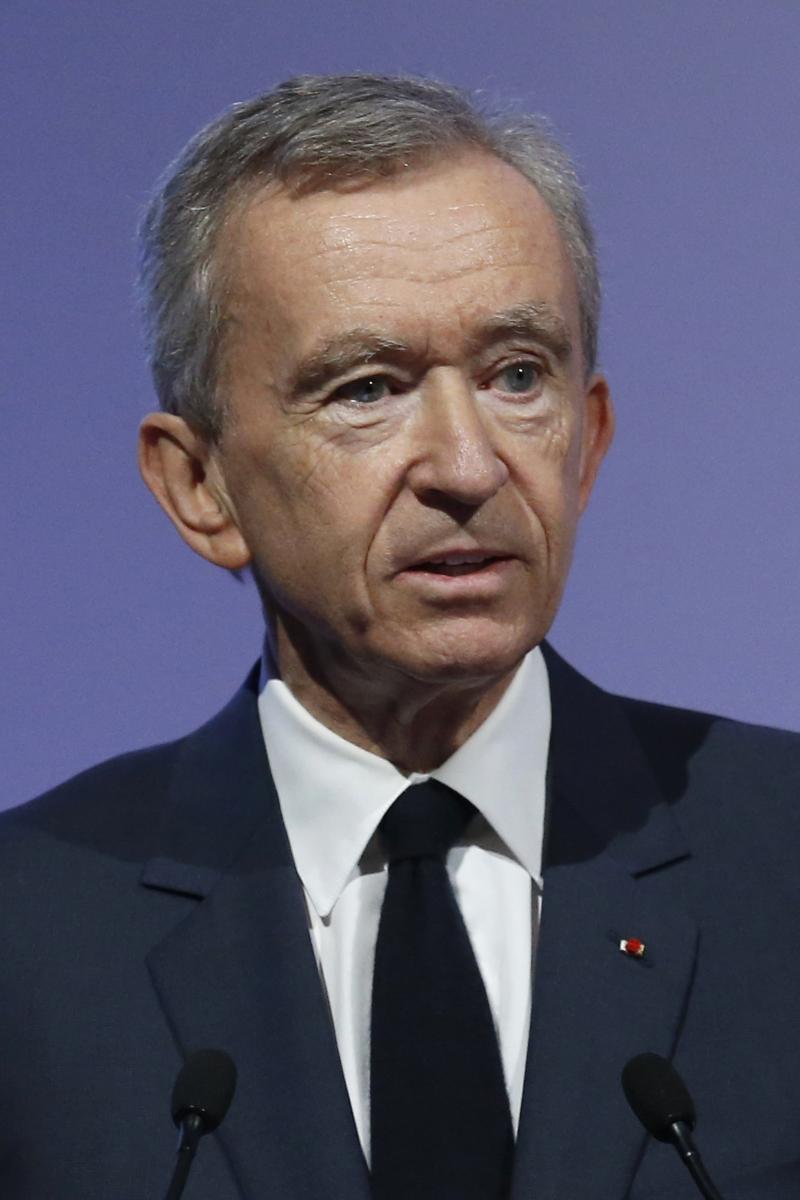FB Roundup: Tattarang, Ferragamo, LVMH

Forrest mining family diversifies into apparel brand RM Williams
Andrew Forrest, the Australian mining magnate and family office principal, says he is “incredibly proud and humbled” to return a former family business to Australian ownership in a $135 million acquisition indirectly from the French family-owned luxury giant LVMH.
Forrest (pictured), 59, the billionaire founder, chairman and major shareholder of Fortescue Metals Group, celebrated this week something of a passion investment in RM Williams, the footwear and clothing company. Tattarang, the Forrest family office based in Perth and one of Australia’s largest private investment groups bought the brand from majority owner L Catterton, the largest consumer-focused private equity firm in the world, which is backed by the Arnault family’s luxury goods empire LVMH.
The deal was reportedly worth AUD $190 million ($135 million). The US-headquartered L Catterton acquired a 49.9% stake in RM Williams in a $52 million deal with YTL Corporation, the Malaysian utilities and property group, in 2013. The firm invested $100 million in the apparel brand in 2016-19 and sales rose from AUD $119 million ($85 million) to AUD $159 million ($113 million) as range and store numbers expanded. However, total sales dived AUD $13 million ($9.3 million) to AUD $145 million ($103 million) in the 12 months to June 2020 as the coronavirus pandemic impacted wholesales. In a silver lining, retail sales increased 1%, most of its 68 retail outlets have reopened and e-commerce sales rocketed 206%, reported Financial Review.
Bushman and entrepreneur Reginald Murray Williams launched his family business by selling saddles to cattle stations near Adelaide in 1932. His outback leather goods range expanded and RM Williams became renowned for its riding boots. Williams sold his business in 1988 and died in 2003 aged 95. Ownership passed to the Cowley family, friends of Williams, for a further two decades of global expansion until 2014 when the majority share of the business was sold to a consortium led by L Capital Asia, later renamed L Catterton, which put its asset on the market to sell in 2019.
In 2003, Andrew “Twiggy” Forrest founded Fortescue Metals Group, which mines and ships 180 million tonnes of iron ore a year. He is worth $13.2 billion, according to Forbes, and is regarded as Australia's biggest philanthropist after making the country's largest-ever donation of $655 million to a variety of causes in 2019. Tattarang invests in agri-food, energy, resources, property, hospitality, lifestyle, sport and entertainment interests.
Forrest and his wife Nicola are owners of Tattarang and inaugural members of Bill and Melinda Gates’ Giving Pledge. The Forrests said they looked forward to meeting and supporting the RM Williams team. Forrest grew up on Minderoo Station in Western Australia’s remote Pilbara and said RM Williams was deeply entrenched within Australian culture.
“My life began in the outback and I’ve never left,” he said.
“I started out as a jackaroo and continue to have a deep connection to the land and the people who work the land. I’ve never forgotten the first time I pulled on a pair of RMs. To wear RMs is to wear the boots of the countless hard-working Australians that have come before us.”
 Ferragamo family denies minority stake sale claim
Ferragamo family denies minority stake sale claim
Speculation the Ferragamo family will sell its family fashion business flared again with reports chairman Ferruccio Ferragamo informally spoke with investors over divesting a minority stake.
The 74-year-old son (pictured) of late founder Salvatore approached investors in September to offer a roughly 20% stake of the family’s 65% ownership of Ferragamo Finanziaria, the holding vehicle that controls the Milan-listed business, Reuters reported. The third-generation family business denied it planned to sell the stake or had met investors.
Sources told Reuters the group may meet resistance from investors as the family wanted to retain governance control. Ferragamo was listed on the Milan stock market in 2011, but Salvatore’s four surviving children and grandchildren were invested in Ferragamo Finanziaria, which owned 54% of the company. Other members of the family had an additional 11% stake.
The €1.3 billion ($1.6 billion) Salvatore Ferragamo Group reported its total revenues for the half-year to June 2020 were €377 million ($447 million) down a sobering 46% on the same period in 2019. Asia-Pacific was the luxury brand’s most lucrative market, accounting for 44% of total revenues, but the market dropped by 40%.
The group made a total loss of €86 million ($102 million) compared to a profit of €60 million ($71 million), half-year on half-year. The plummet was blamed on coronavirus restrictions on tourists and lockdown closures of its stores.
In May, James Ferragamo, 48, grandson of celebrity shoemaker Salvatore Ferragamo, vacated a seat on the board for the return of Michele Norsa, 72, former non-family chief executive and trusted adviser, granted executive powers to help steer the family business through the pandemic.
 Louis Vuitton and Christian Dior power LVMH rebound
Louis Vuitton and Christian Dior power LVMH rebound
Legacy brands Louis Vuitton and Christian Dior have thrown the Arnault family’s LVMH a lifeline as the luxury goods market reels from the Covid-19 pandemic.
The two brands were the driving force behind the 12% upswing in sales in the group’s Fashion & Leather Goods business division in the third quarter of 2020 compared to the same three months in 2019. Louis Vuitton and Christian Dior powered the organic double-digit growth with new products, shows and customer events. Fashion stablemates Fendi, Loewe and Celine also showed improvement in the third quarter. It was a rare glimmer of recovery compared to the doldrums of all the other LVMH divisions. The next best performer was Wines & Spirits with a decline of 3% in sales, quarter-on-quarter. Meanwhile, sales in Watches & Jewellery fell a dramatic 14%, Perfumes & Cosmetics fell 16% and selective retail, such as airport duty free, fell 29% quarter-on-quarter.
Given “very turbulent” economic and health uncertainties, LVMH said in its outlook it would continue to exercise caution and strengthen its cost controls and selectivity in its investments. It looked to apply what Louis Vuitton and Christian Dior achieved elsewhere in its portfolio.
“The group will maintain a strategy focused on preserving the value of its brands, by continuing its marketing and communication investments and relying on the exceptional quality of its products and the reactivity of its organisation, the report said.
“LVMH will rely on the power of its brands and the talent of its teams to further extend its global leadership in the luxury market in 2020.”
The group, controlled by Bernard Arnault (pictured), 71, and family, will also have to contend with its heated countersuit filed against its stalled $16 billion US luxury acquisition Tiffany and Co with the Delaware Chancery Court on 28 September. The trial was scheduled to begin on 5 January, 2021.






